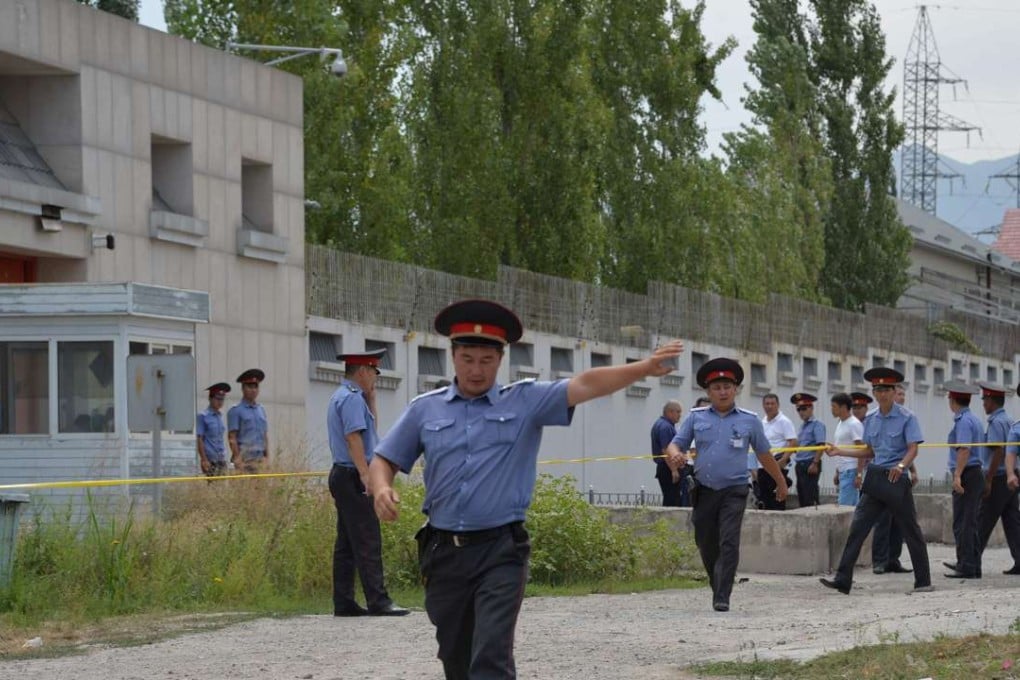Bishkek bomb cloud casts a shadow over China’s interests abroad
Zhou Zunyou says no matter whether Uygur extremists were behind the attack, it highlights how Chinese nationals and facilities overseas have become terror targets as the country rises in global prominence

On August 30, a suicide bomber crashed his car through the entrance of China’s embassy in Bishkek, Kyrgyzstan, before blowing himself up and wounding three embassy staff. The attack came just a day before the Central Asian country’s 25th national day to celebrate its independence and just days prior to the G20 summit in Hangzhou (杭州).
Although no group has claimed responsibility, both Kyrgyz and Chinese authorities have called it an act of terrorism. Amid great pressure from China, Kyrgyz authorities are trying hard to conduct a thorough investigation.

Kyrgyzstan vows to hunt down and punish organisers of suicide bomb attack on Chinese embassy
Given the target and timing of the bombing, the public will wonder who was behind the attack and what security implications it will have for China.
While Kyrgyz media have assumed the bomber was Uygur, a Muslim group native to China’s far western region of Xinjiang, Kyrgyz authorities have neither confirmed nor denied the speculation. Prominent counterterrorism expert Li Wei, of the China Institutes of Contemporary International Relations, has gone so far as to place the blame on the Turkestan Islamic Party (TIP), a Uygur terrorist group formerly known as the East Turkestan Islamic Movement.
